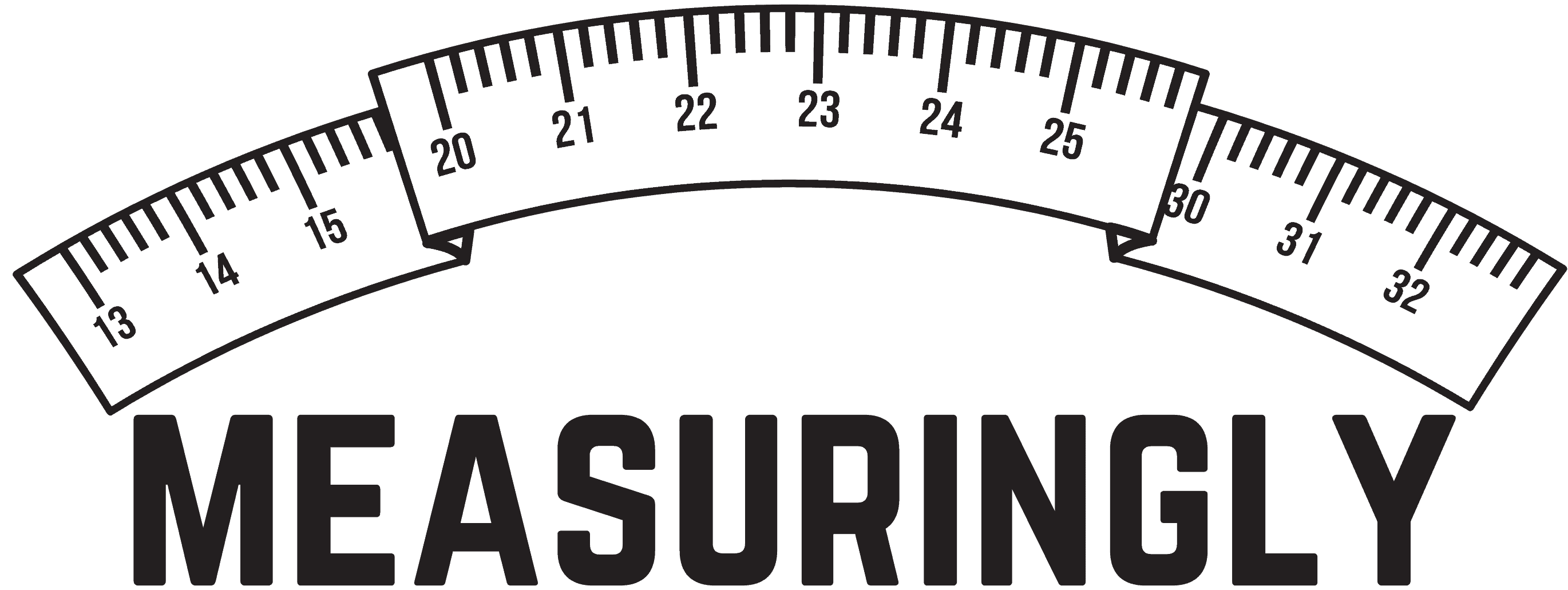Your lungs are an essential part of your respiratory system, and their primary function is to help you breathe. Every day, these vital organs work tirelessly to oxygenate your blood and remove carbon dioxide, playing a crucial role in maintaining your overall health. But have you ever wondered how much your lungs weigh?
Typically, the weight of a healthy adult’s lungs can vary between 700 to 1100 grams. On average, men’s lungs tend to be heavier than women’s due to differences in lung capacity.
Factors such as age, body size, and lung health can affect the weight of your lungs. It’s fascinating to understand more about these vital organs that are responsible for providing your body with the oxygen it needs to thrive.
This article will guide you through the factors that determine the weight of your lungs and provide you with insights into how to protect and optimize their function. So, let’s explore the fascinating inner workings of your respiratory system!
Read: How Much Does a Liver Weigh? (Quick Answer)
On average, the combined weight of both lungs is around 900 to 1,200 grams in adult males and 700 to 1,000 grams in adult females. To give you a better idea, 1,000 grams is approximately 2.2 pounds.
Measuringly.com
Weight of the Lungs
Your lungs play an essential role in your body, helping you to breathe and deliver oxygen to your bloodstream. A friendly reminder about the weight of your lungs: it can vary depending on factors such as age, sex, and overall health.
On average, the combined weight of both lungs is around 900 to 1,200 grams in adult males and 700 to 1,000 grams in adult females. To give you a better idea, 1,000 grams is approximately 2.2 pounds.
- Adult males: 900 to 1,200 grams (about 1.98 to 2.64 lbs)
- Adult females: 700 to 1,000 grams (about 1.54 to 2.2 lbs)
Keep in mind that lung weight varies depending on the region and age of the person. It’s interesting to note that the right lung tends to be slightly heavier and larger than the left lung. This is because the heart takes up some space on the left side of the chest cavity, allowing the left lung to be smaller.
While you’re thinking about the weight of your lungs, it’s essential to consider how important it is to take care of them. Simple measures like not smoking, exercising regularly, and maintaining a healthy lifestyle can keep your lungs functioning at their best. This ensures optimum oxygen supply to your body, allowing you to breathe easily while enjoying life with healthy lungs.
Factors Affecting Lungs’ Weight
Gender Differences
Males usually have slightly larger lungs than females, which can contribute to a difference in weight. On average, male lungs weigh around 450 to 600 grams, while female lungs weigh around 400 to 500 grams. Remember that these numbers are just general averages, and individual lung weights can vary.
Age Factors
Your age can also play a role in the weight of your lungs. As you grow, your lungs develop and may become heavier. For example:
- Infants: Lungs in newborns are considerably lighter, weighing approximately 25 to 35 grams each.
- Children: As a child grows, their lung weight and overall size increase. By age 10, lung weights can range from 150 to 250 grams.
- Adults: In adulthood, lung weight stabilizes but can still vary depending on size, gender, and overall health.
Remember that these are just general guidelines, and individual lung weights can differ substantially due to various factors such as genetics and lifestyle habits.
The Lungs’ Weight in Health and Disease
Healthy Lungs
Your healthy lungs weigh around 1.3 pounds (600 grams) for the left lung and 1.1 pounds (500 grams) for the right lung. In total, they weigh approximately 2.4 pounds (1,100 grams).
Some factors affecting lung weight in healthy individuals include:
- Age: Your lung weight will change as you age. For example, an adult’s lung weight will differ from that of an infant or elderly person.
- Gender: Men tend to have slightly heavier lungs than women due to lung size and body composition differences.
- Height and Body Build: Taller and larger individuals generally have heavier lungs to support their greater oxygen needs.
Diseased Lungs
In people with lung diseases, the weight of their lungs can differ significantly from those with healthy lungs. Here are some examples of lung diseases and how they impact lung weight:
- Chronic Obstructive Pulmonary Disease (COPD): In COPD, the affected lung tissue becomes inflamed, which can cause the lungs to weigh more than healthy lungs.
- Pulmonary Fibrosis: Scar tissue forms in the lungs during pulmonary fibrosis, making them stiffer and heavier. The weight gain varies depending on the severity of the disease.
- Lung Cancer: A cancerous tumor within the lung can make it heavier than its healthy counterpart, but this weight gain would depend on the size and location of the tumor.
Maintaining a healthy lifestyle and avoiding smoking is essential to keep your lungs in the best possible condition. Regular checkups and attention to abnormal lung symptoms can help detect diseases early and ensure your lungs stay within the healthy weight range.

Is the Right Lung or Left Lung Bigger?
When it comes to your lungs, you might be surprised to learn that they are not equal in size. Your right lung is slightly larger than your left lung. This is primarily due to the positioning of your heart, which occupies more space on the left side of your chest cavity. To accommodate your heart, your left lung has a small, indent-like space called the cardiac notch.
Your right lung has three lobes, while your left lung has only two. The three lobes of your right lung can be identified as the superior, middle, and inferior lobes, allowing your right lung to have a greater overall volume. On the other hand, your left lung has a superior and inferior lobe, and lacks a middle lobe.
However, differences between your right and left lungs don’t stop at size and shape. Your left lung also has an extra feature called the lingula. The lingula is a small, tongue-like structure found on the superior lobe of your left lung and serves a similar function to the middle lobe of your right lung.
Remember, it’s important to maintain a healthy lifestyle and care for your lungs, regardless of their size differences. Regular exercise and avoiding smoking can go a long way in keeping your respiratory system functioning at its best.
What is the Total Weight of Both Lungs?
The weight of your lungs can vary depending on factors such as your age, sex, and overall lung health. An average adult’s lungs typically weigh between 700 and 850 grams each.
Your right lung, slightly larger than the left one, usually weighs about 400 to 450 grams, while your left lung weighs around 350 to 400 grams. That means, when combined, the total weight of both lungs in your body ranges from 700 to 850 grams.
Your lungs play a crucial role in your respiratory system, allowing you to inhale oxygen and exhale carbon dioxide. Each lung consists of several lobes that are filled with tiny air sacs called alveoli. These alveoli have thin walls that facilitate the easy exchange of gases between the blood and the air you breathe.
Maintaining good lung health is essential, as your lungs directly affect your body’s overall well-being. This includes avoiding smoking, staying active with regular exercise, and ensuring you breathe clean air to minimize potential lung damage.
Maintaining a healthy body weight can also be helpful, as being overweight might lead to more pressure on your lungs and a reduced oxygen-carrying capacity.
In conclusion, the total weight of both your lungs can range from approximately 700 to 850 grams. Maintaining a healthy and active lifestyle can ensure your lungs function optimally and facilitate proper respiration.
What is the Heaviest Organ in Your Body?
You may be curious about which organ in your body takes up the most weight. Well, the answer is the liver. It’s considered the heaviest organ in the human body, weighing approximately 1.4 to 1.6 kilograms (about 3 to 3.5 pounds) in an average adult.
The liver plays a vital role in various bodily functions, such as detoxification, processing nutrients, and producing bile. It’s a fascinating organ; its weight indicates its essential functions for your body’s well-being.
It’s interesting to note the difference in weight among these organs and how they contribute to maintaining your health. While the lungs may not be the heaviest organ, their importance cannot be understated. Remember that caring for your liver and lungs is essential for overall health and well-being.







